-87%
Cardiovascular Manifestations in Endocrine Diseases: A Comprehensive Overview
Endocrine diseases, when neglected or inadequately managed, can exert profound effects on the cardiovascular system. This article delves into the intricate relationship between these conditions and their impact on cardiovascular health.
Growth Hormone Dysregulation and Cardiovascular Function
Impairments in growth hormone (GH) regulation can profoundly affect cardiovascular functions. GH deficiency can weaken the heart muscle, impair blood vessel function, and increase the risk of cardiovascular disease. Conversely, GH excess, as seen in acromegaly, can lead to hypertension, cardiomyopathy, and increased mortality due to cardiovascular complications.
Metabolic and Cardiovascular Manifestations
Cushing’s syndrome and diabetes are notorious for their metabolic and cardiovascular consequences. Cushing’s syndrome, caused by excessive cortisol production, promotes insulin resistance, hypertension, and elevated cholesterol levels, increasing the risk of cardiovascular disease. Diabetes, characterized by high blood sugar levels, can damage blood vessels and lead to a range of cardiovascular complications, including heart disease, stroke, and peripheral artery disease.
Hypo- and Hyperthyroidism
Hypothyroidism, an underactive thyroid gland, can cause slow heart rate, low blood pressure, and elevated cholesterol levels, increasing the risk of heart disease. Conversely, hyperthyroidism, an overactive thyroid gland, can accelerate heart rate, elevate blood pressure, and induce arrhythmias, potentially leading to cardiovascular complications.
Adipose Tissue and the Heart as Endocrine Organs
Recent research has shed light on the endocrine functions of both adipose tissue and the heart. Adipose tissue secretes adipokines, which have cardiovascular effects such as regulating blood pressure and inflammation. The heart, in turn, produces brain natriuretic peptide, a hormone that plays a role in fluid and electrolyte balance, affecting cardiovascular parameters.
Primary Aldosteronism: A Diagnostic Challenge
Primary aldosteronism, a condition characterized by excessive aldosterone production, is a common cause of secondary hypertension. Early detection and accurate diagnosis of this condition can be challenging, but advancements in genetics have improved our understanding of its molecular basis, facilitating timely and effective intervention.
Hormonal Therapies in Controversial Areas
The use of hormones as therapeutic tools in specific cardiovascular conditions remains a subject of debate. This book provides insights into the latest research on the potential benefits and risks of hormonal therapies in these controversial areas, guiding clinicians in making informed decisions.
In conclusion, this comprehensive text provides a valuable resource for researchers and clinicians seeking an authoritative update on the cardiovascular manifestations of endocrine diseases. It serves as a testament to the complex interplay between these systems and emphasizes the importance of early detection, proper management, and innovative therapeutic approaches to safeguard cardiovascular health.


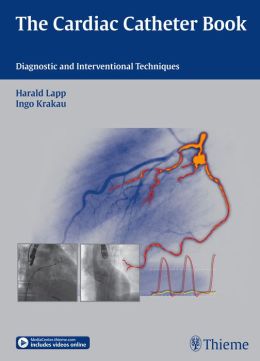

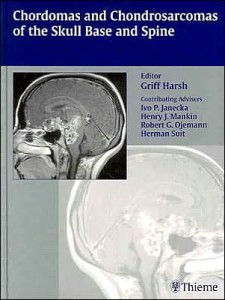
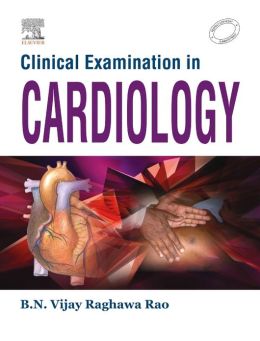

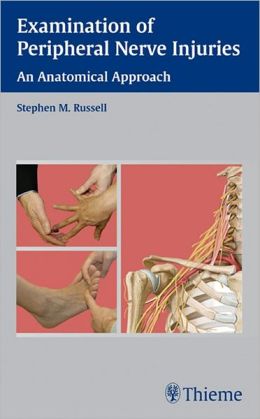

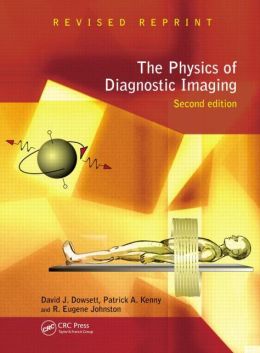
Reviews
Clear filtersThere are no reviews yet.